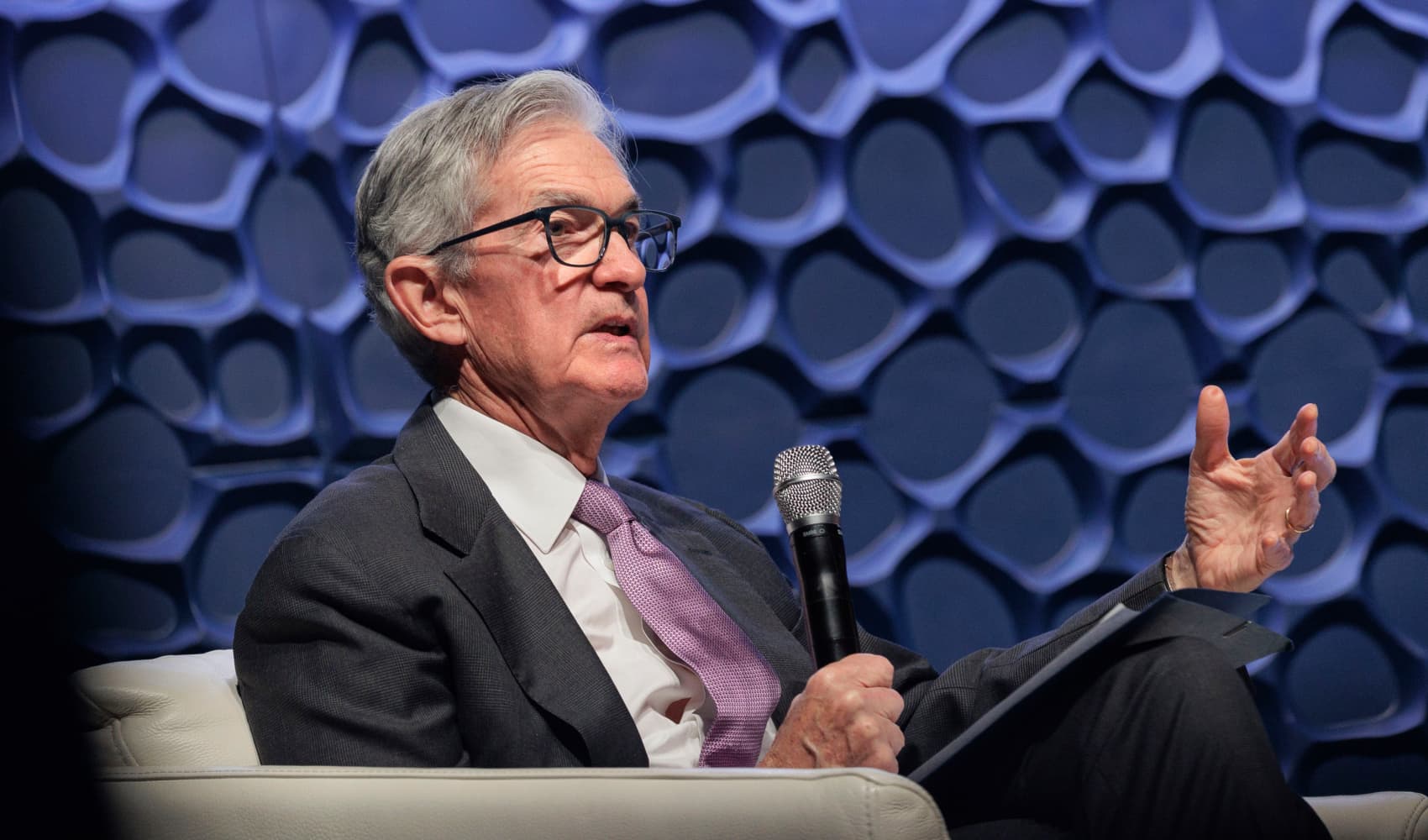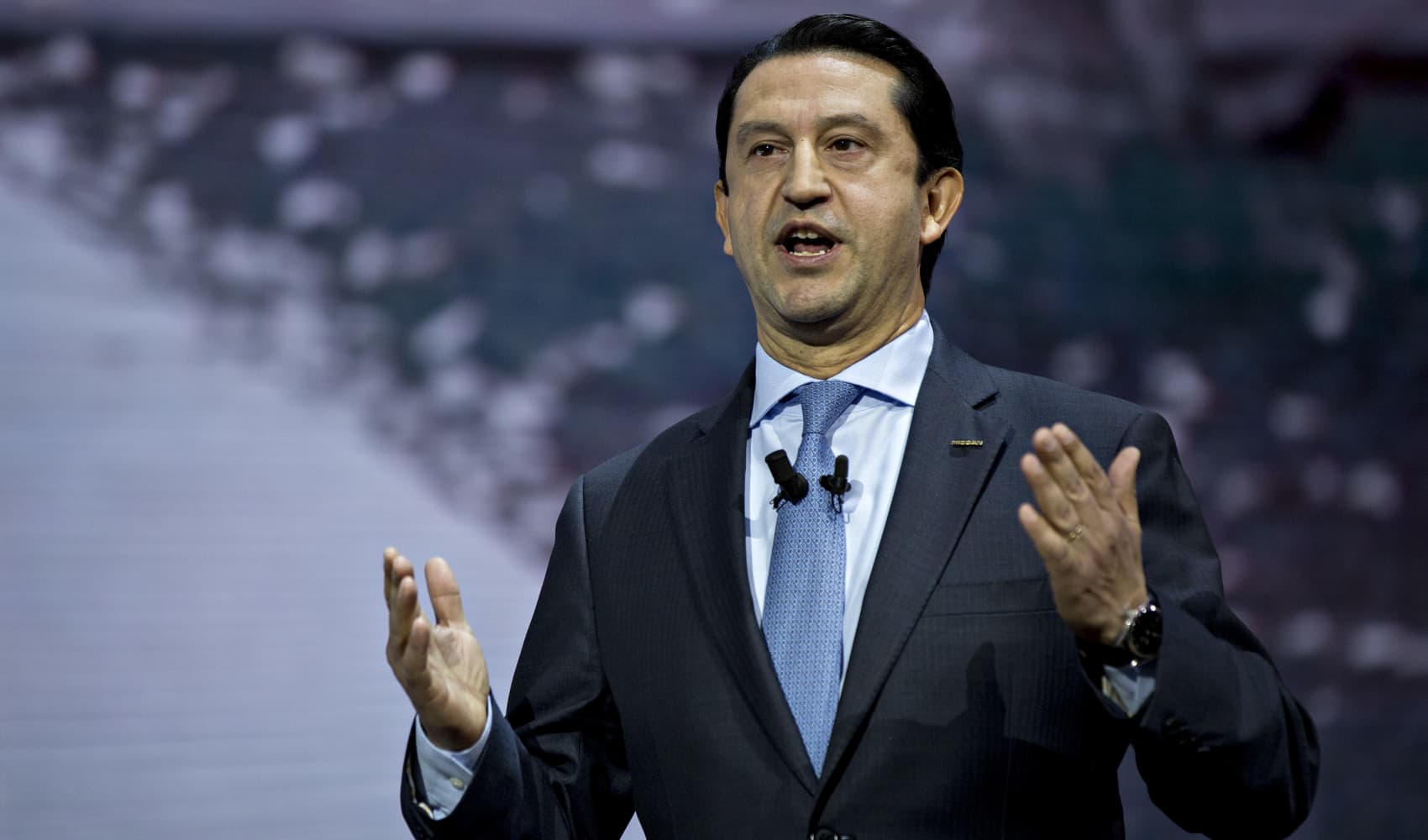
- California regulators on Friday voted to ban the sale of new diesel big rigs by 2036 and require all trucks to be zero-emissions by 2042, a decision that puts the state at the forefront of mitigating national tailpipe pollution.
- The California Air Resources Board unanimously approved the Advanced Clean Fleets rule, the state's second zero-emissions trucks rule and first in the world to require new commercial trucks to be electric.
- The mandate is estimated to deliver $26.5 billion in public health benefits in California in avoided health impacts and deaths due to diesel pollution.
California regulators on Friday voted to ban the sale of new diesel big rigs by 2036 and require all trucks to be zero-emissions by 2042, a decision that puts the state at the forefront of mitigating national tailpipe pollution.
The California Air Resources Board unanimously approved the Advanced Clean Fleets rule, the state's second zero-emissions trucks rule and first in the world to require new commercial trucks, including garbage trucks, delivery trucks and other medium and heavy-duty vehicles, to be electric.
Supporters of the rule say it will improve public health in marginalized communities that have endured polluted air while mitigating the effects of climate change. The mandate is estimated to deliver $26.5 billion in public health benefits in California in avoided health impacts and deaths due to diesel pollution.
Get top local stories in DFW delivered to you every morning. Sign up for NBC DFW's News Headlines newsletter.
Heavy-duty trucks represent nearly one third of the state's nitrogen oxide and more than one quarter of its fine particle pollution from diesel fuel, according to the California Air Resources Board While medium and heavy-duty trucks are just 10% of the vehicles on the country's roads, they emit 25% of the greenhouse gas emissions from transportation, according to the Union of Concerned Scientists, a nonprofit.
"Frontline communities across California who breathe in deadly diesel pollution every day can finally get some relief with the Advanced Clean Fleets rule," said Andrea Vidaurre, senior policy analyst for the People's Collective for Environmental Justice. "There is no acceptable level of exposure to deadly diesel pollution — so it has got to go, for the sake of our health and our lungs."
Some of the country's major truck manufacturers and their lobbying groups have strongly opposed the regulations, arguing that requirements are costly as electric models are more expensive than diesel trucks. Large trucks are more expensive to convert to electric models than smaller vehicles due to their size and weight.
Money Report
The trucking industry has also said that the deadlines are unrealistic given the lack of EV charging infrastructure and available space at ports.
The mandate would require companies that operate 50 or more trucks to convert their fleets into electric or hydrogen models and achieve zero-emissions by 2042.
The earliest deadline is for drayage trucks, which carry cargo to and from major ports, which must be converted to electric models by 2035, while new sales starting in 2024 must be zero-emissions. Vehicles like garbage trucks and school buses must be zero-emissions by 2027.
California had sought waivers from the Clean Air Act to set stricter standards than the federal government for heavy-duty vehicles. The state's stricter tailpipe emissions rules will have broader effects beyond California — which has significant authority over the U.S. auto industry — and could pave the way for other states to follow suit.
For instance, New York, New Jersey, Washington, Oregon, Massachusetts, Vermont, and Colorado have already adopted the California's Advanced Clean Trucks rule.
The state has committed to achieving 100% renewable energy by 2045. Last year, it banned the sale of new gasoline-powered cars starting in 2035. Today's mandate also comes a day after the state adopted a historic rule to limit emissions from diesel-powered trains.






